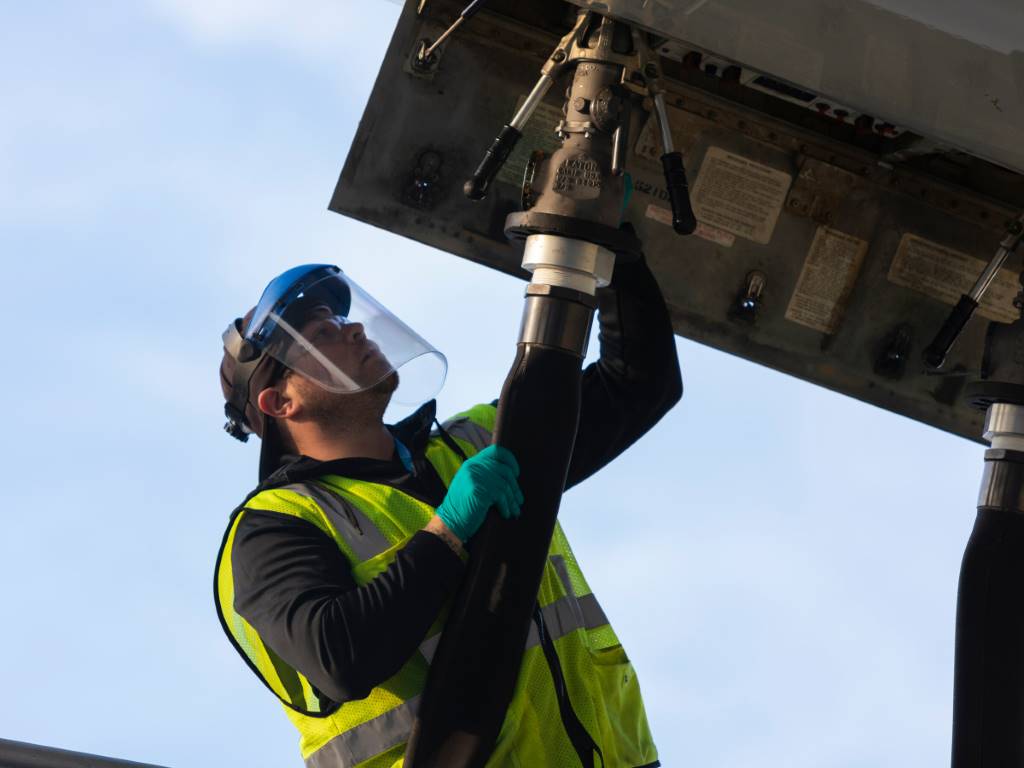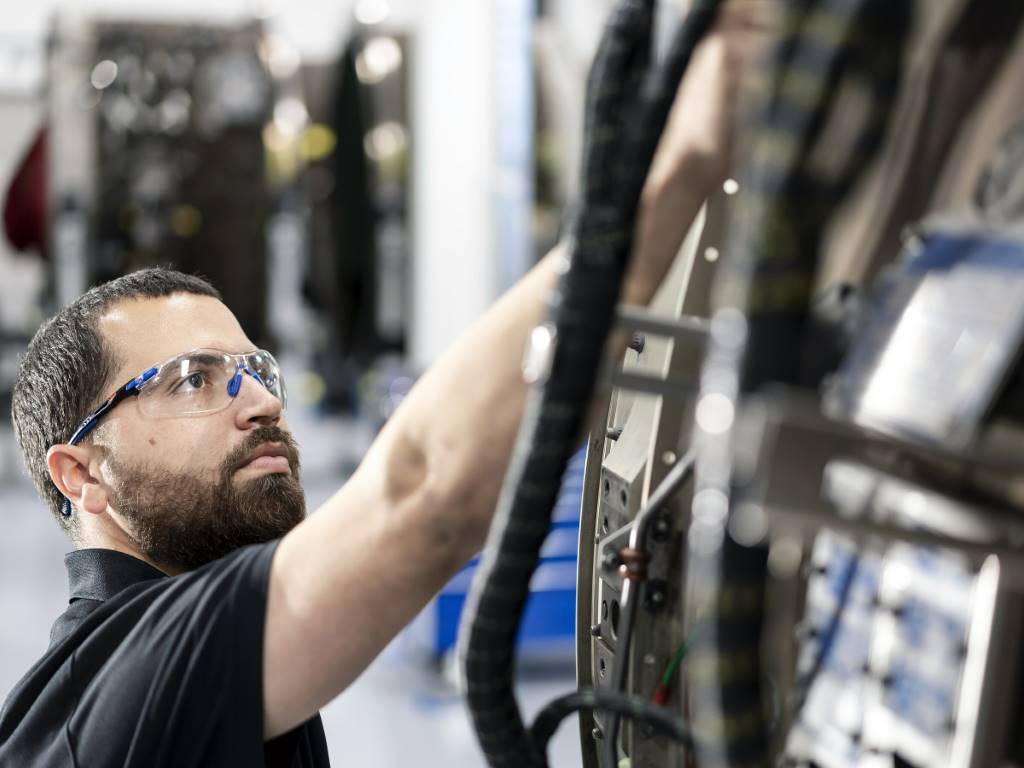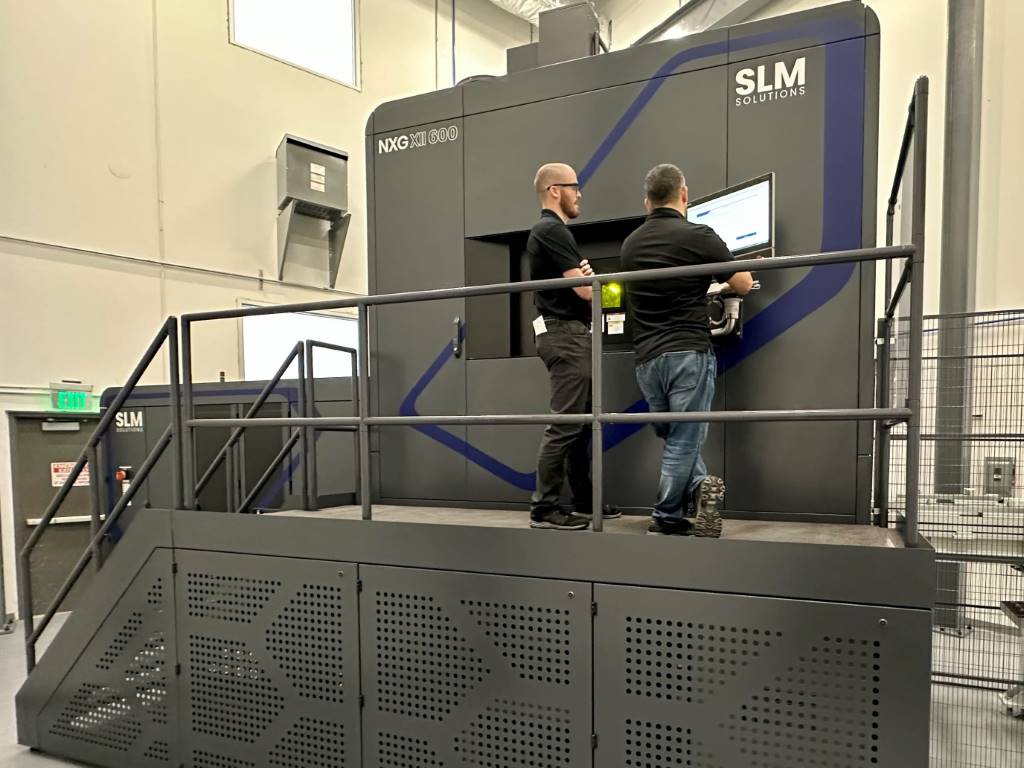Brexit and beyond

This past June Brits voted to leave the Union. The full impact of Brexit will not be known until the small details of the new agreement are negotiated. Nevertheless, my prediction is that very little, if anything, will change in the aviation sector. Air transport and the aerospace industry are very international businesses. As a result, the whole sector is built upon international cooperation. The UK and the EU are compelled to work together as one entity.
Regarding regulations, I believe that the European Aviation Safety Agency (EASA) will remain as the single regulatory body in Europe. UK aircraft operators will have to comply with EU safety rules if they want to operate throughout the EU. The other way around also applies. Furthermore, today some non-EU countries, such as Norway or Iceland, are also members of EASA. They participate in the regulatory framework development. Nevertheless, one possible outcome is that the UK, as a non-EU member state, may lose some of her capacity to influence the final stages of the legislative process within the EU.
The European Common Aviation Area (ECAA) defines a European single market in air transport. The agreement provides free access to operate commercial routes within any member state. Many non-EU states are part of the agreement. Air transport liberalisation within Europe is one of the main boosters of low cost carriers’ success. Ryanair, easyJet, Vueling, Volotea have developed networks that operate anywhere within Europe, well beyond their home countries. After the Leave vote, UK airlines will no longer have direct and free access to the EU aviation market. This could be quite troubling for companies like easyJet. Again, I believe the UK Government is going to ensure that they remain part of the single aviation market. As a result, UK and EU airlines alike will continue to operate as if Brexit never happened.
The impact on the aerospace manufacturing industry is more uncertain. The UK remains one of the manufacturing powerhouses of the world, but it needs international cooperation. Airbus is a good example. The aerospace industry is based on talent and engineering excellence. It needs skilled people. In order to remain competitive, it’s vital to attract and retain the best professionals. People, not only products and ideas, must move freely and without restrictions within Airbus, and that means within Europe. I believe the British Government will do whatever it takes to remain leaders of this key industry.
The Single European Sky is not a reality yet. The European air traffic management (ATM) handles more than 26,000 flights per day and this is expected to double at the end of this decade. The actual system, organized by national borders, has proved to be too expensive, too cumbersome and too inefficient for Europe. The European airspace urgently needs to accommodate future growth while reducing costs. The Single European Sky is the initiative that seeks to reorganize air space well beyond national borders. ATM efficiency is a must for Europe to remain competitive in the global economy. I believe the UK and the EU will find a way to ensure that the Single European Sky takes off.
Aviation has transformed Europe providing a rapid way of connecting people from all over the continent. Europe is the largest and most successful air transport market in the world. Liberalisation and common regulation have brought about an aviation market with the highest standards of safety and security, benefiting both consumers and businesses. In my opinion, in the aviation sector, Brexit will be more bark than bite. Very little will change in practical terms. Because one thing is to be nationalist, quite another to be stupid.












